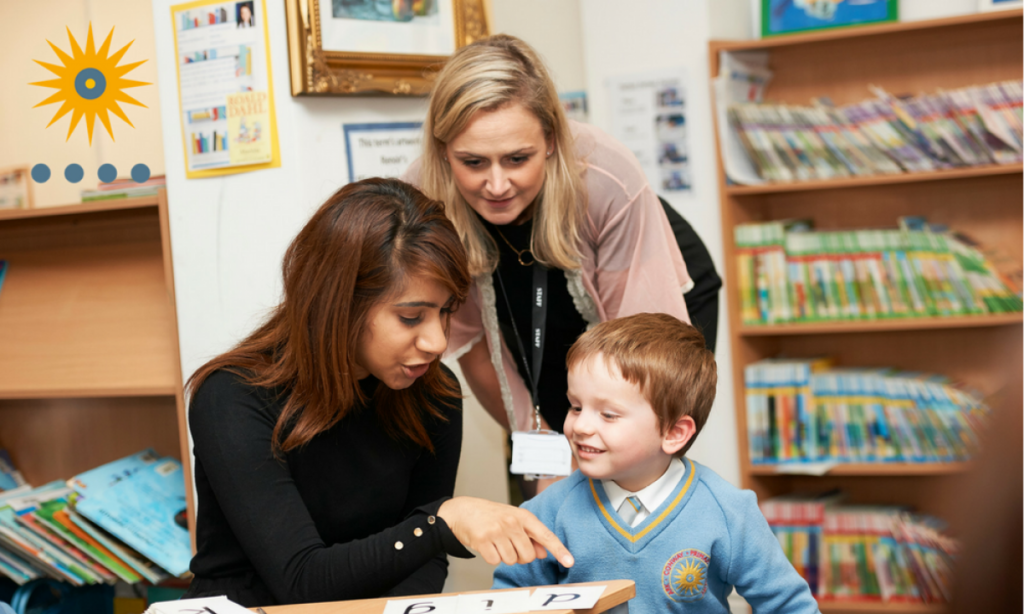
We are only as successful as the child that achieves the least, the child that doesn’t feel safe and valued, that doesn’t feel included. As a leader, I know that the most important people in any school to enable all children to succeed are the teachers. And that if I want our school to be successful, I need to empower our teachers to provide the very best for each child.
In my Professional Doctorate in Education my thesis highlighted the factors that impact upon teacher engagement in professional learning activities, and this included a particular focus on Coaching.
This study identified that there is a complex patchwork of influences at work and that significant factors include the expansiveness of the institutional learning environments and individual dispositions to learning. These effect individual teacher learning experiences in different ways but Coaching was seen to have a significant impact on both individual dispositions and the wider learning environment.
To provide an expansive learning environment that ensures there is a strong emphasis on teacher professional learning. The glue that binds this learning environment together is Coaching. By giving every member of staff opportunities to be coached and coach others, we enable the development of a team of solution-focused leaders. This imperative in the construction of an inclusive school - based upon a culture of high expectations.
Coaching’s power
As an experienced coach myself, it remains the most powerful learning activity that I engage in. Through coaching, individuals become more solution-focused and are able to self-assess and find answers to complex questions. Whether it is dealing with a difficult parent, leading a team of teachers or managing your workload, coaching gives you the skills to positively deal with the range of challenges a teacher faces.
I will discuss the coaching process in more detail. However, the easiest way to understand it is to consider it as an activity that enables you to explore a challenging aspect of your practice in greater detail. An area of practice that you would like to improve.